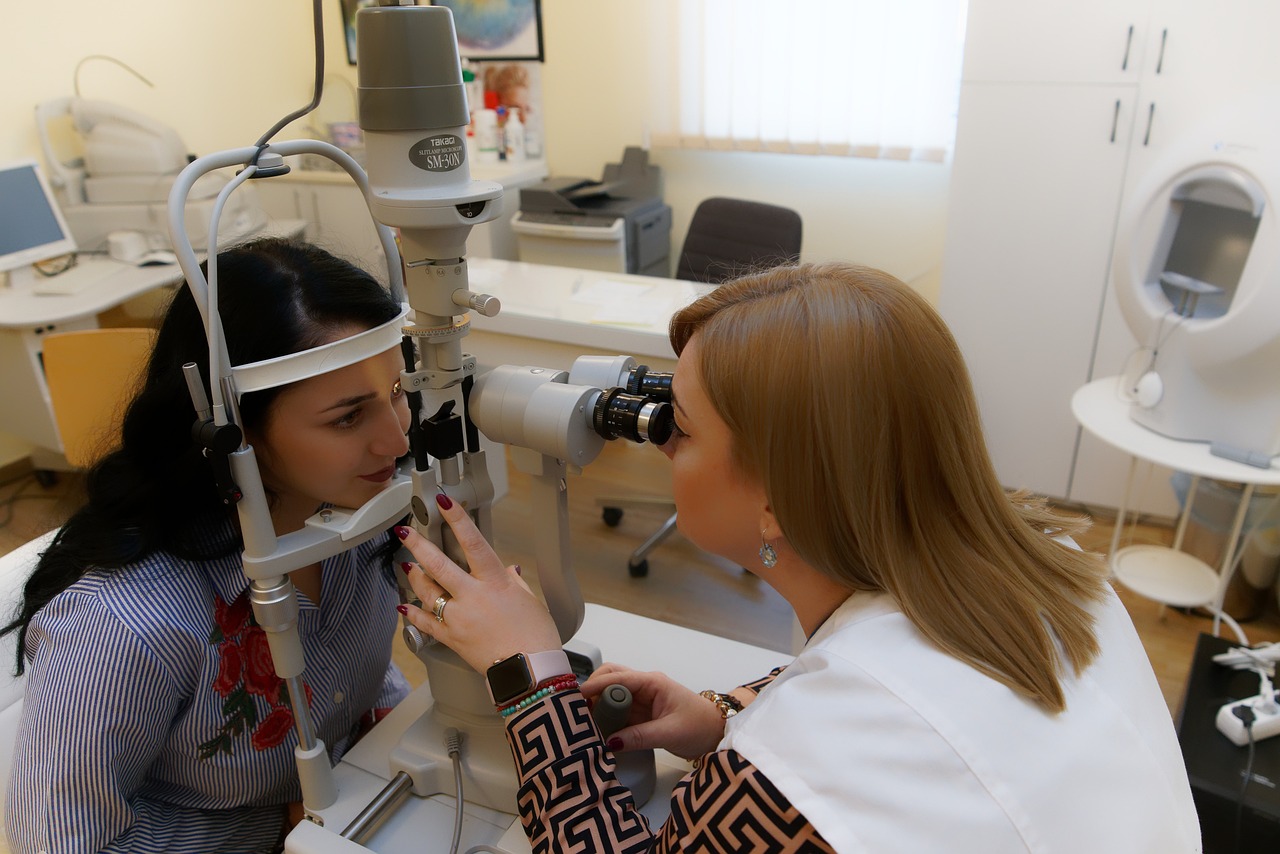LASIK (Laser-Assisted In Situ Keratomileusis) is a revolutionary laser vision correction procedure that has transformed the lives of millions by eliminating dependence on glasses and contact lenses. This highly sought-after surgery boasts a remarkable success rate, but navigating the LASIK landscape can be daunting for potential patients. To ensure an informed decision, here’s a comprehensive guide that delves deeper than the basics, empowering you to ask insightful questions and embark on your journey to clear vision with confidence.
What are the steps involved in LASIK?
- Numbing Comfort: Your ophthalmologist (a surgeon specializing in the eye) will administer anesthetic eye drops to ensure pain-free comfort throughout the procedure.
- Creating a Corneal Flap: Using a femtosecond laser (a highly precise laser technology), a thin, hinged flap is created within your cornea, the transparent dome at the front of your eye. This flap acts as a temporary cover during the reshaping process.
- Reshaping the Cornea: A second laser, the excimer laser, precisely reshapes the underlying corneal tissue. This customized ablation (removal) corrects the specific refractive errors causing your vision problems.
- Flap Repositioning: The meticulously crafted corneal flap is then gently repositioned onto its original bed. The inherent adhesive properties of the corneal tissue allow the flap to naturally adhere without sutures.
- Bilateral Completion: The entire procedure is then meticulously repeated on your other eye. Remarkably, LASIK surgery typically takes only around 15 minutes to complete for both eyes.
What does laser eye surgery correct?
LASIK can correct nearsightedness (Myopia) which is difficulty in seeing distant objects clearly, farsightedness (Hyperopia) the inability to clearly see near objects and astigmatism or blurred vision at all distances due to an irregularly shaped cornea. By reshaping the corneal tissue with the excimer laser, LASIK corrects the way light enters your eye, enabling you to achieve clear vision without corrective lenses.
Am I a candidate for LASIK?
Determining your suitability for LASIK is a crucial step. Several factors influence candidacy, which your ophthalmologist will thoroughly evaluate during a comprehensive pre-operative consultation. Here are some key considerations:
- Age: Generally, LASIK is recommended for individuals above 18 whose vision prescription has remained stable for at least a year.
- Overall Health: Good general health is crucial for optimal healing and successful outcomes.
- Corneal Thickness: The cornea must possess adequate thickness to undergo LASIK safely.
- Eye Conditions: Certain pre-existing eye conditions, such as dry eye or uncontrolled eye diseases, may require alternative vision correction solutions.
An in-depth discussion with your ophthalmologist is vital to determine if LASIK aligns with your unique needs and expectations.
What are the surgeon’s qualifications?
LASIK is a delicate surgical procedure, and selecting a highly skilled and experienced ophthalmologist is paramount. Your ophthalmologist should be board-certified. Additionally, you should inquire about the surgeon’s experience in performing LASIK procedures. More experienced surgeons offer greater proficiency and abilities to navigate potential challenges. Investigate the technology employed by the LASIK center and opt for centers equipped with advanced laser technologies like femtosecond lasers for enhanced precision and safety. Finally read patient reviews to gain insight into the overall patient experience.
What should I expect after LASIK?
While healing timelines can vary slightly, most individuals experience minimal discomfort following LASIK. Here’s a general overview of the recovery process:
- Initial Hours: You might experience mild light sensitivity, tearing, and a sensation of something in your eye. These are temporary side effects that typically subside within a few hours.
- Rest and Recuperation: Following LASIK, prioritizing rest is crucial. Your ophthalmologist will likely recommend avoiding strenuous activities or rubbing your eyes for a specific timeframe.
- Medication: Your doctor may prescribe medicated eye drops to promote healing and prevent infection. Diligent application of these drops is essential for optimal recovery.
- Follow-Up Appointments: Scheduled follow-up appointments with your ophthalmologist are vital to monitor progress and ensure proper healing. These appointments typically occur within 24-48 hours after surgery and continue at designated intervals.
- Returning to Normal Activities: The timeframe for resuming normal activities varies depending on your individual healing process and your ophthalmologist’s recommendations. Generally, most people can return to work and light duties within 1-3 days after LASIK.
- Long-Term Vision: While some patients experience immediate improvement in vision, for others, it may take a few days or even weeks for vision to stabilize and reach its full potential. LASIK results are typically long-lasting, but age-related vision changes can occur over time.
How much does LASIK cost?
The cost of LASIK surgery can vary depending on several factors, including where you are geographically located. The overall experience of the surgeon can influence the overall cost as well as the type of laser technology used during the procedure.
LASIK: A Gateway to Freedom from Glasses and Contacts
LASIK surgery empowers you to shed the limitations of glasses and contact lenses. By choosing a qualified ophthalmologist, diligently following pre- and post-operative instructions, and managing expectations, LASIK can pave the way for a life of clear, unencumbered vision. Schedule a consultation with a LASIK specialist today to explore if LASIK is the key to unlocking your visual freedom
Categories:



